The Impacts of New Parenthood on Your Mental Health
Mood disorders can affect anyone at any point in their life, but people in the perinatal period – in other words, people who are pregnant, recently gave birth, and any new parents and supporting partners – are at an increased risk.
Yes, even if you are not the one who gave birth! The adjustment period is tough for everyone and dads and supporting partners are not immune.
Think about it: sleep deprivation, finding a whole new routine, getting to know a whole new human, figuring out how your old life fits into your new one… these things take a big toll on all new parents and can impact anyone regardless of race, ethnicity, education, or income.
Let’s look at the stats:
- Baby blues affects 60-80% of new parents. That’s nearly everyone!
- Perinatal depression affects about 20% of new parents. While that’s fewer people than are affected by baby blues, it’s still a pretty high number. After all, 20% is 1 in 5.
Chances are, someone you know has experienced postpartum depression.
In fact, postpartum depression is the most underdiagnosed complication of childbirth in the United States, meaning that, although it is very common, it is also often overlooked.
So, how do you know if you’re at risk? There are plenty of lists online that tell us about risk factors and protective factors for postpartum depression. We study these diligently and check off the ones that apply. But what most of them don’t tell us is that the biggest risk factor for baby blues and perinatal depression is, put simply, being pregnant and birthing a baby.
Changes in your mood such as feeling emotional, low, angry, in a funk, or just not quite like yourself can feel scary, sad, and frustrating. It can feel devastating to not feel bonded or connected to your new baby.
Baby Blues vs. Postpartum Depression
Understanding the differences between baby blues and postpartum depression will help to alert you when you would benefit from speaking with a mental healthcare provider who focuses on perinatal mental health.
|
Baby Blues |
Postpartum Depression |
|
Lasts 2 days to 2 weeks after birth |
Lasts longer than 2 weeks after birth |
|
May frequently feel tearful and emotional but the mood is mostly happy |
Depressed mood most of the day, nearly every day; feel hopeless, worthless, overwhelmed, and unable to cope |
|
Still feel like you |
Do not feel like yourself |
|
Can still take pleasure and feel joy |
Loss of interest, pleasure, or joy |
|
No change in core self-esteem |
Low self-esteem, shame, guilt |
|
Can fall and stay asleep |
Trouble falling or staying asleep even when baby is sleeping |
|
Tired but feel restored after rest |
Always tired, low energy, rest does not help |
|
Can engage with a support system |
Feel isolated, like you have no support or can’t ask for help |
|
No suicidal thoughts |
May have suicidal thoughts |
How to Ask for the Support You Need
If you find yourself checking more boxes from the right-hand column than the left, it’s time to ask for help. In fact, I encourage all new parents to ask for support. It’s always, and I mean always better to reach out for support than to not. Don’t keep it all inside; the more you bottle up, the more feelings can snowball and turn into something serious.
Read on for five opening phrases to help formulate your thoughts and initiate a conversation to ask for support.
- I’ve been having a hard time lately and need to talk to someone.
- I really haven’t been feeling like myself, and I’d like to share how I’ve been feeling.
- Something doesn’t feel right, and I need help sorting it out.
- Becoming a parent (or adding a sibling) has been much harder than I anticipated, and I could really use some support right now.
- I have a lot on my mind, are you in a place to listen?
Everyone needs the support of a trusted person in their life, and asking for that support is not shameful or a failure, it’s a strength.
Asking for help is vital to our success as humans and as caregivers.
Parenting is demanding, challenging, and exhausting; it can also be rewarding, fulfilling, joyful, and gratifying with the right support.
There are gold-standard, evidence-based interventions available that will help you get out of what may currently feel like a dark place so you can regain your quality of life, feel like yourself again, and focus more on your and your family’s happiness.
Dr. Ellen Kolomeyer from Unpolished Parenthood provides perinatal depression treatment in Plantation and virtual services to clients all over Florida. If you haven’t been feeling quite like yourself, get in contact at 305-619-3264 or message us now.

